Dr. Richard Davidson and His Holiness the 14th Dalai Lama share a smile, while sitting together for a photo in Madison, Wisconsin.
The Brain. We all have one, although some might claim there are people who act as if they don’t. It’s widely defined the most complicated thing in the universe is the brain. The National Institutes of Health defines the brain as “the last and grandest biological frontier, the most complex thing we have yet discovered in our universe. It contains hundreds of billions of cells interlinked through trillions of connections.”
In Madison, Wisconsin, studying this profound enigma, you will find one of the most well-renowned brain labs in the world at the Waisman Center, named after the late Harry A. Waisman, biochemist, pediatrician, and pioneer in intellectual and developmental disabilities research. The Waisman Laboratory for Brain Imaging and Behavior was established in 2001, and is led by Dr Richard Davidson, Ph.D.
Davidson is a professor of psychology and psychiatry at the University of Wisconsin-Madison, the founder and director at the Center for Healthy Minds, a Founding Steward of the Mind and Life Institute, and is best known for his groundbreaking work in studying emotion and the brain.
In 2006, Dr. Davidson was recognized by Time Magazine as one of “The 100 Most Influential People in the World” after discovering a link between the size of a brain structure—the amygdala—and social deficits in autism, and in 2012, his research indicated that stress may delay brain development and impact spatial working memory in children. Findings were based on lower test scores and brain scans that revealed smaller anterior cingulates—a portion of the prefrontal cortex that is believed to play a key role in spatial working memory—of children with greater exposure to stressful situations.
He is also known to have been a closet meditator and consistently mentions this when discussing the history of how far the practice has come in gaining approval by his colleagues in the science community. His endearing relationship with His Holiness the 14th Dalai Lama is widely known, and has used His Holiness as a great teacher and guide in his scientific discoveries over the years.
During a Ted Talk in 2019, Dr. Richard Davidson was quoted in saying, “The work that we and others have been doing is predicated on a critical insight in modern science: the insight concerning neuroplasticity”.
“Our brains are constantly changing, constantly being shaped by the forces around us, but we have typically very little awareness of what those forces are. Our brains are changing wittingly or unwittingly. Most of the time, it’s unwittingly. Most of the time, we’re not aware, and we also have little control over those forces. And the invitation in the work that I’m sharing with you is that we can actually take more responsibility for our own brains by transforming our minds.”
In order to understand the nature of the mind, one must practice and take the journey within themselves. The results vary depending upon the practitioner, and some reports give various timelines for it to produce noticeable benefits. Some say it takes 13 minutes per day for 8 weeks, while Davidson has mentioned one can see benefits in as little as 8 days when practicing loving-kindness compassion meditation.
“That doesn’t mean these effects are going to last,” said Davidson, “but it implies that kindness may be an intrinsic part of the mind. What the practice does is reacquaint us with that quality in ourselves so that we can make it more accessible.”
One of the most prominent moments during Richard Davidson’s time in the Waisman Lab occurred as he was hosting one of the world’s most experienced meditation practitioners, Yongey Mingyur Rinpoche. Mingyur Rinpoche has practiced a minimum of 60,000 hours of meditation in his life. This greatly surpasses the number typically considered necessary to be recognized as an olympic-level meditator, which is around 12,000 hours.
With Mingyur Rinpoche as a subject under observation using a EEG (Electroencephalography) machine, Davidson and his colleagues had Rinpoche practice 60 seconds of loving-kindness compassion meditation, then rest for 30 seconds, then repeated the process 3 more times. The surge in electrical activity being witnessed was unprecedented. The researchers first suspected Rinpoche had moved his head to create this response, which is a common occurrence with subjects in the EEG machine. However, Mingyur Rinpoche had remained motionless.
One of the most profound notes written by Davidson and his colleagues said, “The lab team knew at that moment they were witnessing something profound, something that had never before been observed in the laboratory. None could predict what this would lead to, but everyone sensed this was a critical inflection point in neuroscience history.”
The evidence is there. The science continues to show that meditation can literally rewire the brain. How it does it exactly is still a mystery. One thing is for certain: anyone can do it, and it costs nothing to practice. In fact, anyone with a smartphone can utilize the same techniques Dr. Richard Davidson has learned and instructed his subjects to adopt in his studies.
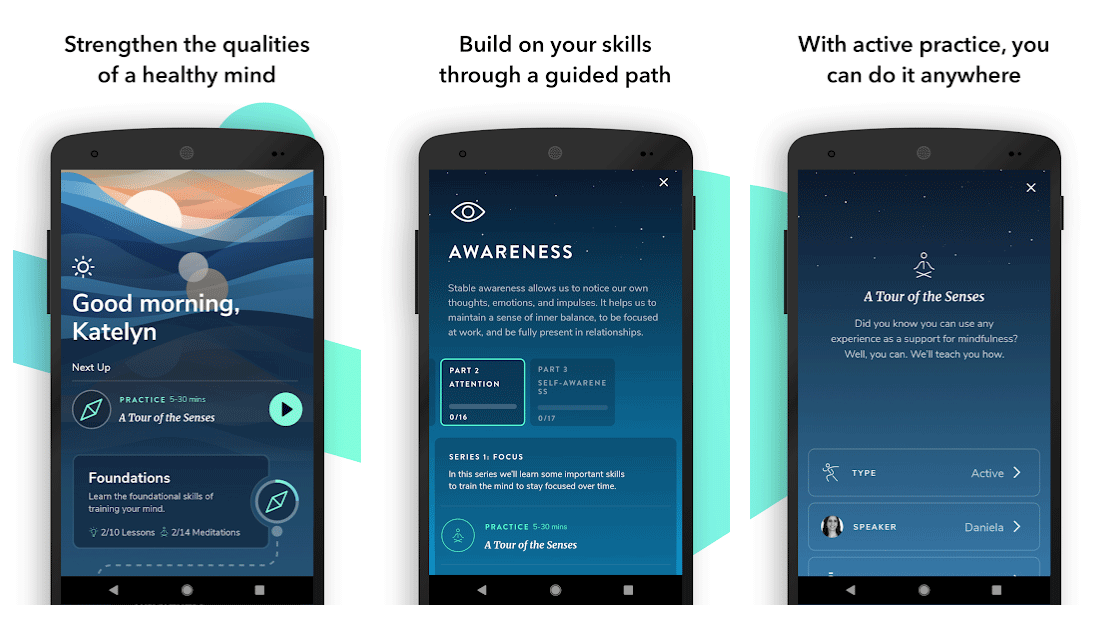
The Healthy Minds Program App can be downloaded for free in both the Google and Apple stores. The app offers the user to practice meditation by either sitting or being active, and gives the user the choice to listen to Dr. Cortland Dahl (one of Dr. Davidson’s students, and has also worked closely as a student of Mingyur Rinpoche), or listen to Daniela Labra Cardero, who was a professor and researcher at the Universidad Autónoma de la Ciudad de México for 10 years and has practiced meditation for over 20 years.
Practicing meditation has never been easier with tools like this app, or the countless videos available online. It takes very little time to practice, and doesn’t require you to stay motionless to practice. It has never been more important of an activity to partake in with the current climate among human society. The pandemic, climate change, and geo-political issues have affected everyone around the world in some form or fashion.
Learning the nature of the mind is literally medicine, and where it takes the practitioner is completely up to those who commit to participate. As a piece of advice, a word from Yongey Mingyur Rinpoche’s father would say to practice “short time, many times.” In other words, even if you take one minute to practice, and spread that out 10-20 times in your day, you will see the benefits unfolding.
A few known facts about the brain:
- It is estimated to have billions of brain cells and 100 trillion connections.
- The spinal cord is the primary source for communication between the brain and the body. The spinal cord, on average, stops growing at the age of 4.
- Despite random percentages that claim anything other than 100% of the human brain is actually used is not true. 100% of the brain is always active, at all hours, whether awake or asleep.
- 1 billion synapses and 100,000 neurons exist inside of brain tissue the size of a grain of sand.
- The brain’s capacity to store information is considered to be limitless.
- The human brain isn’t fully formed until it approaches the age of 25.
As Dr. Davidson held a plastic example of the brain at his desk, he stated, “It’s actually a good thing to do, to pick this up occasionally, and to remind ourselves that this is the most complicated organ in the Universe. We’ve only taken the first very, very small baby step. We’re just beginning this journey.”

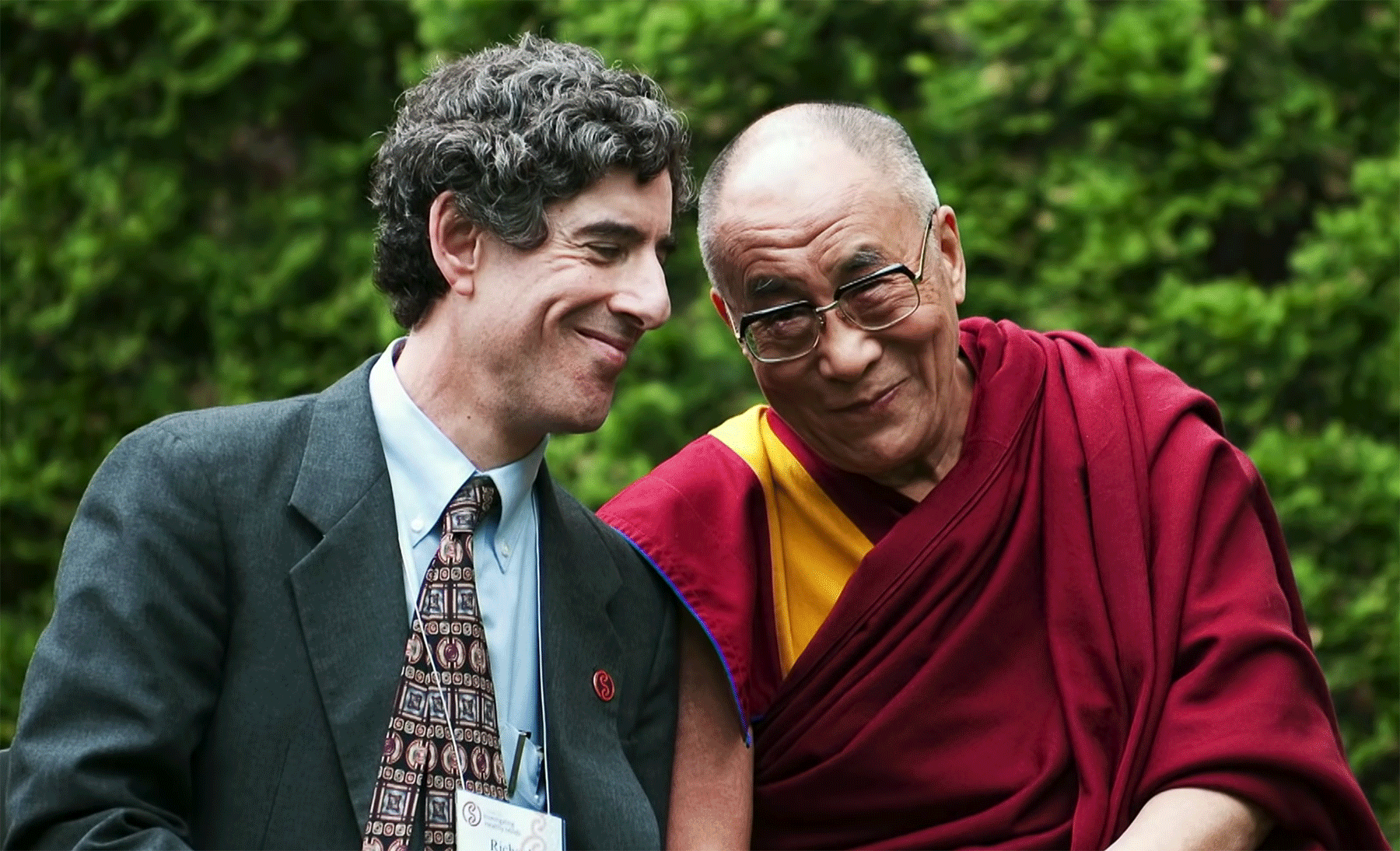

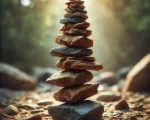


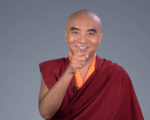

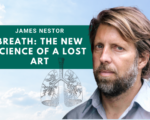

Great beginning of a news source for all. WTG Mr. Ireland. Keep up the search of truth!